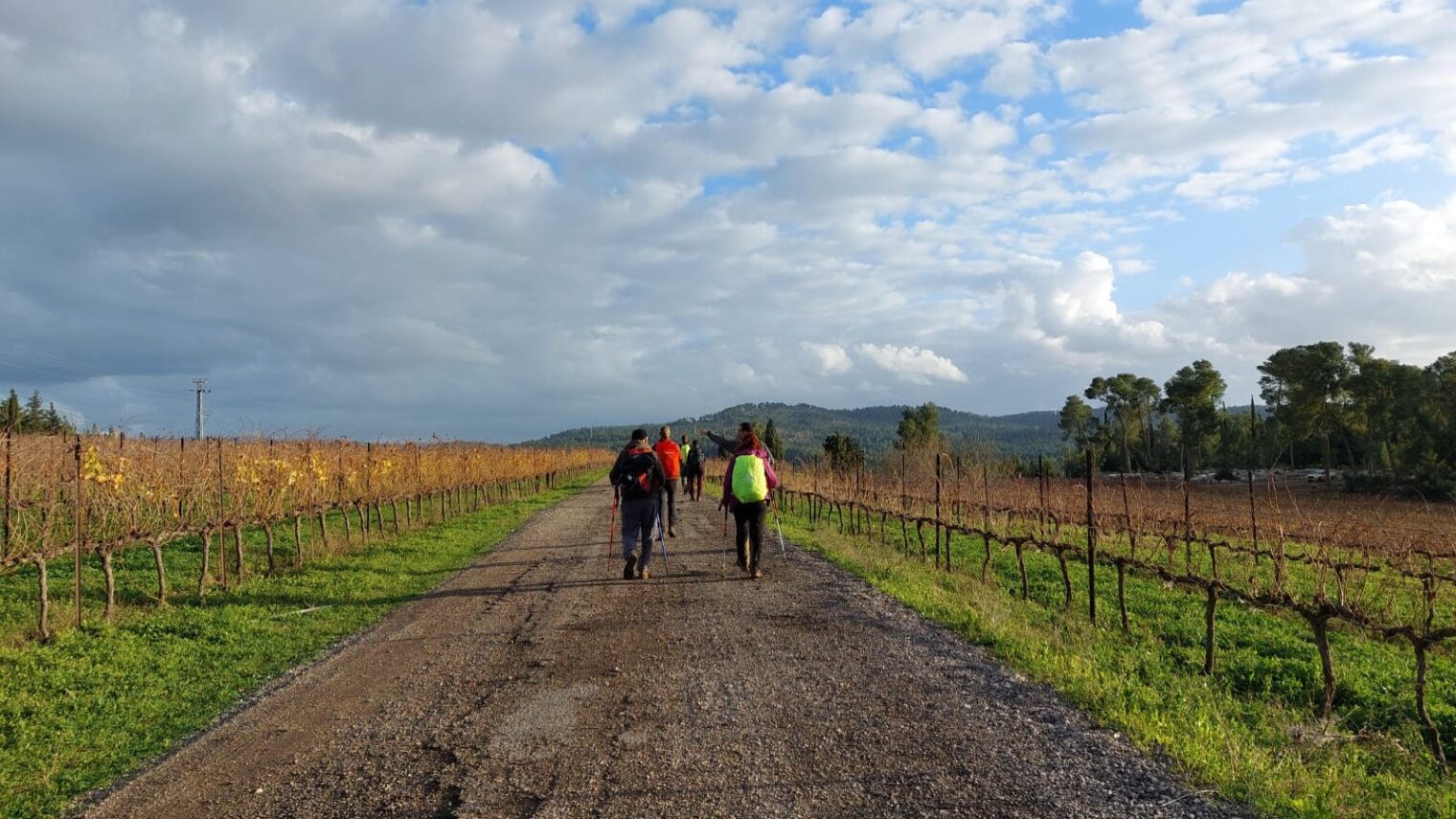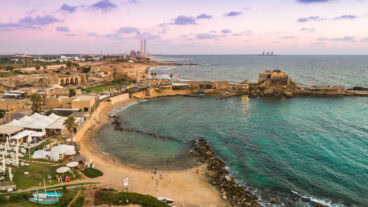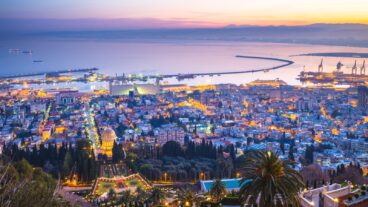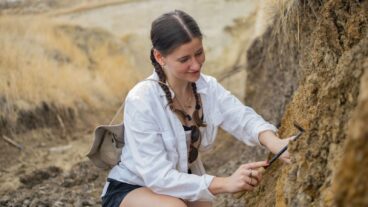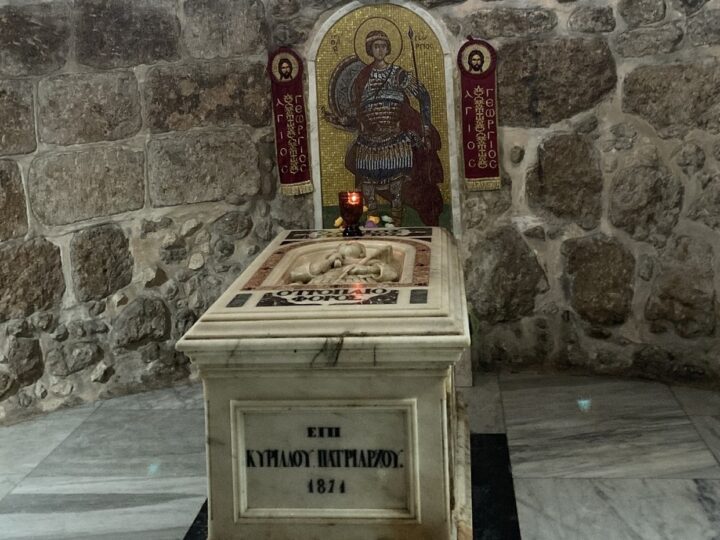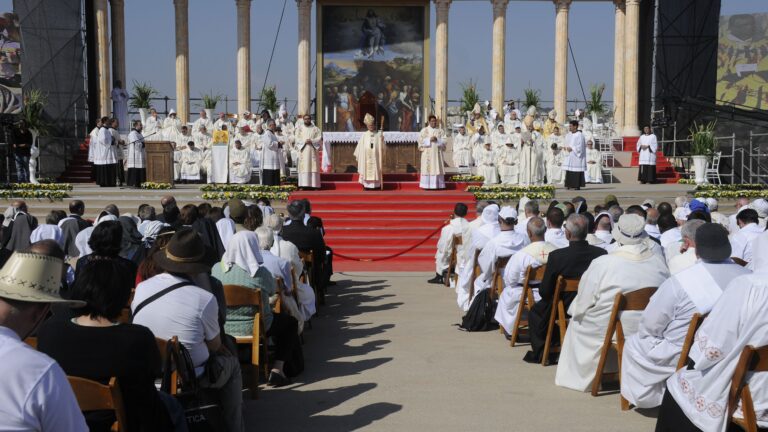After twice completing routes on the challenging Way of Santiago (Camino de Santiago), which attracts people of all ages from around the world, Golan Rice had one question in his mind.
Why didn’t the Holy Land, a magnet for spiritual travelers over the centuries, have an official pilgrim’s route that could end on a spectacularly high note in the city of three faiths, Jerusalem?
Rice acknowledges Israel’s Jesus Trail (a 40-kilometer route tracing Jesus’ footsteps in the Galilee region) and the Israel National Trail, but says these focus mainly on hiking in nature.
What Rice and his partner in the project, Yael Tarasiuk-Nevo, started to map out seven months ago is a 400km route, The Way to Jerusalem, based on ancient Holy Land pilgrimages.
As Rice explains to ISRAEL21c, “this is a journey which exposes you to the tremendous power that comes from a long, physical walk through history, characters and symbols and always ends in a significant place. In addition to this physical path, and no less important, is the inner path pilgrims undertake.”
The spiritual path, he adds, “is something everyone makes on their own and does in his own way. It’s not an Israeli way or our way, but something very personal.”
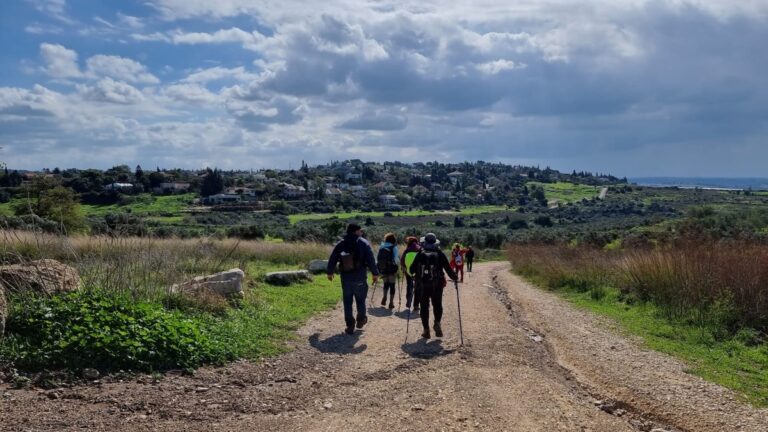
It’s also not limited to certain religions or cultures. Rice would like to see Christians, Muslims and Jews walking the route, as was done historically.
“When we make a pilgrimage, such as The Way to Jerusalem, we are all equal and it doesn’t matter what language we speak or what faith we hold,” adds Rice.
Taking his own path
Rice, 54, who lives on Batsra, a pastoral moshav in central Israel, has just published a book, Be’derech Le Santiago (On the Way to Santiago, Niv Press), about the huge impact pilgrimages have made on his life.
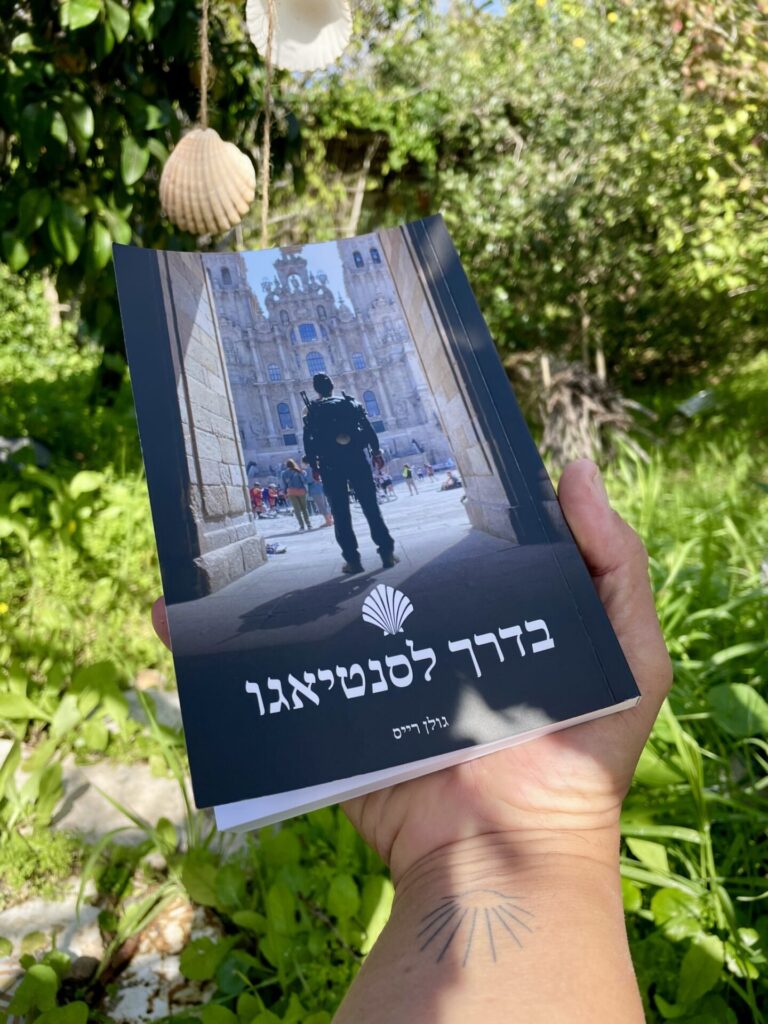
His turning point came in 2021 after leaving his position in El Al’s Security Division after 15 years. Always an avid hiker, Rice felt it was time to do more than “look at views.”
“I decided to put all my faith in the road and confront the rules and barriers that I had built around myself all my life. It was time to let go of always planning and the pressure.”
Rice’s first pilgrimage, on the Camino do Frances, took 43 days to traverse over 780 km (nearly 500 miles) from St. Jean-Pied-du-Port near Biarritz in France to the Santiago de Compostela in northwest Spain. At the endpoint is where all the ancient pilgrim routes that crisscross Europe meet.
“It was a life-changing experience. I opened myself up to everything. I kept on thinking how amazing it is that an Israeli Jew can find friendship and a connection with Christian priests,” Rice says.
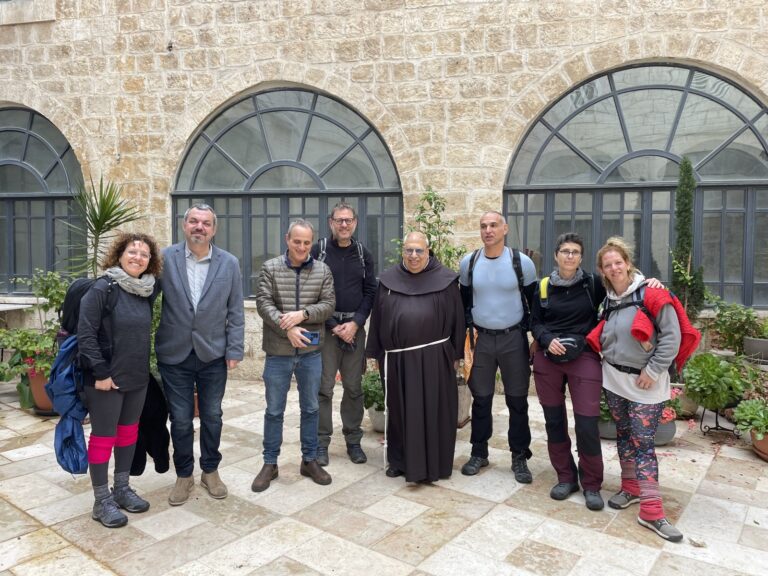
The Way
To plan The Way to Jerusalem, Rice and Tarasiuk-Nevo turned to, among others, Doron Bar, a professor of Land of Israel studies at the Schechter Institute of Jewish Studies, who has widely researched the development of national holy places in Israel.
They also consulted extensively with Open University Prof. Ora Limor, a specialist in medieval history, whose book Holy Land Travels: Christian Pilgrims in Late Antiquity proved invaluable.
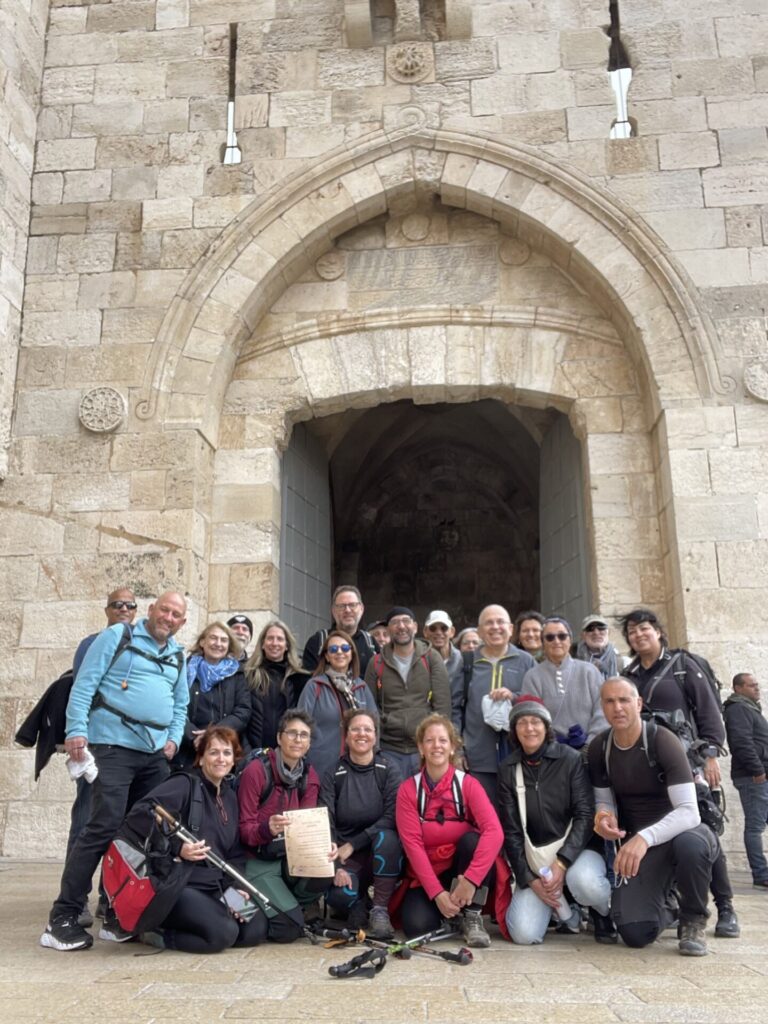
Tarasiuk-Nevo, who works in the Education Department of the Bat Yam municipality and directs a program for women at risk, was inspired after reading about Egeria, a lone woman pilgrim who in the fourth century walked from Galicia to Jerusalem over a period of four years and wrote a pilgrimage diary.
She envisages The Way to Jerusalem as an experience in which women can empower themselves both physically and mentally.
The Route
The 400 kilometers that The Way of Jerusalem route will cover was used by Jewish pilgrims in the days of the Second Temple and by Christians in the fourth century. Muslims also made a hajj (pilgrimage) to Jerusalem, especially after the Ottoman conquest of Arab lands.
The route comprises four sections: The Commencement, The Attachment, The Challenge and The Silent Way.
Recently two pilot walks took place covering The Silent Way. Many who participated came to it through the community that is slowly building on social media (the Facebook page now numbers 1,500 followers).
The group took six days to walk from the Jaffa Port in Tel Aviv to Jaffa Gate in Jerusalem. Along the route they were hosted by locals in Beer Ya’akov, Yad Rambam, Neve Shalom, Abu Ghosh and Ein Kerem.
“Everyone helped us and opened their doors and hearts,” says Tarasiuk-Nevo.
Rice and Tarasiuk-Nevo are still drawing up lists of simple, affordable guesthouses for the route, a challenge as prices of tourist accommodations are notoriously high in Israel.
For Rice, one of the highlights of this segment is Tel Gezer, an archeological site settled in the second millennium BCE near an ancient coastal trade route.
“It’s immensely powerful because Tel Gezer is set on a hill overlooking the coastal plain and when you look left you see urban Israel and to your right you see the mountains leading up to Jerusalem.”
Rice and Tarasiuk-Nevo agree that the final hilly ascent up to Jerusalem is a physically challenging segment.
“But at the end of the day you do it at your own rhythm and build your mental resources. Pilgrimage teaches us the need for connection, sharing, tolerance and patience,” Rice concludes.
For more information, click here.




